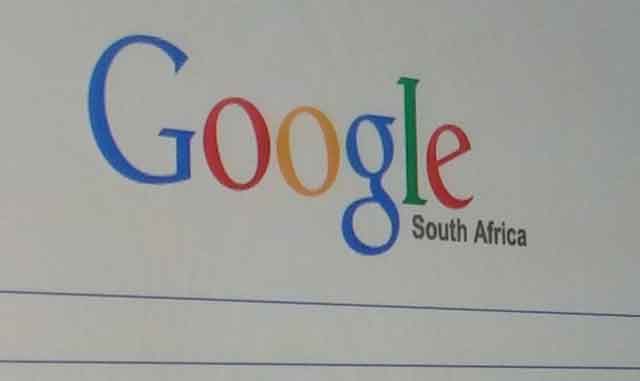
Google is seen as a world leader in innovation, an important backer of tech start-ups and a pioneer in all our futures. The corporation, which is financially the size of a mid-sized country, just reorganised its structure so that it can continue to invest in experimental technologies — such as drones, driverless cars and unusual medical devices — without worrying shareholders.
But many of Google’s current publicly reported innovations seem to be aimed at encouraging us to spend even more time connected to the Internet. They are “technology-push” innovations, products that require the creation of a new market because there isn’t an obvious existing demand. Google Glass, the wearable optical computer that has now been discontinued is a good example. It didn’t appear to be rooted enough in a genuinely understood need.
On the other side there are “need-pull” innovations that respond to existing needs and are the result of humble enquiry. Developments by Google in security devices, and modular smart phones all appear, on the surface to meet needs. But are they the genuine result of humble enquiry?
The problem with Google’s moonshots is that they are fired at the Moon. And there’s no one on the Moon (not yet anyway). Many real needs are social, cultural and environmental, not rooted only in a hunger for the next wearable gizmo. Here are some real-need challenges that Google could put its mighty innovation machine to work tackling and improve the world in the process.
1. Making money more secure
In a world of identity theft and online fraud, there is a huge need for more secure ways to transfer money and carry out transactions.
Various ways to simply move money around, for example between smartphones, are emerging but other innovations could vastly improve security. “Smart contract” programs could ensure both parties stick to their side of a deal. For example, if you buy something online, then a smart contract could take the money from your bank account only when it receives notification from the delivery company the product has arrived.
Virtual or cryptocurrencies such as Bitcoin are starting to incorporate such technology but these systems still carry suspicion due to their use by black markets. Google has so far just hovered around the edges of Bitcoin but it has the opportunity to lead development and help make the technology mainstream.
To do so, however, it may also have to fundamentally rethink its approach to privacy, which is an inherent part of Bitcoin but largely absent from the way Google currently operates thanks to its widespread data-gathering operation.
2. Creating a safer online world
Google’s Project Vault will give us a digital safe in which to securely store our smartphone’s personal data and messages. Another useful gadget no doubt. But instead of developing security devices and making gadgets less easy to steal, I’d like to see Google support us in becoming more secure in ourselves.
Existing innovations came about as a reaction to the insecurities of a hacked world. But there are opportunities not only for creating new digital safes and padlocks, alarms and security guards but also to begin an exploration of how to create preventive and naturally safe virtual and physical environments. These environments would be less about protection and defence and more about assurance and trust.
3. Making technology less intrusive
Smartphones are constantly diverting our attention from the real world. Integrating technology more seamlessly into our lives could free us from their grip. Wearable technology and smart clothing could be one way of doing this, but better would be technologies that rely on and develop our tactile relationships with the world and each other.
This may well involve finally dispensing with the “screen” and the gadget as the required focus of our attention. A big question is how can Google create technology that doesn’t require us to “look”, instead of having us squint at screens of different sizes, flashing us into trance states and harming our eyesight.
Some experiments in less noticeable technology may involve an initial intrusion, for example, digital implants for communication, enhancing our senses or even curing physical conditions. But it is not guaranteed people will want to become cyborgs. A big opportunity is to create technologies that arise and pass away as needed, that are temporary, emergent and that enter our lives when we truly need them and leave when we don’t.
4. Changing the way we produce energy
Energy is one of the biggest challenges for the whole planet. What if Google turned its weighty innovation might towards generating truly clean energy? Others in Silicon Valley have already started making inroads into the energy sector — see this gadget that allows consumers to access solar energy through smart tech, without buying expensive panels. Electric vehicle and battery technology such as Tesla is making also continues to grow and innovate.
But country-sized corporations such as Google could do even more (perhaps they are behind closed doors). There are some crazy-sounding alternative forms of energy emerging that might just work. Solar roads, sewage waste and even high altitude wind energy might benefit from some Google kickstart resource (the latter just has). Ok, Google! While you are up high in the sky, installing Wi-Fi balloons, why not harness some free energy for us all?![]()
- Paul Levy is senior researcher in innovation management at the University of Brighton
- This article was originally published on The Conversation

